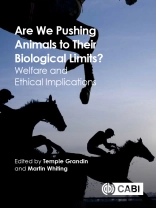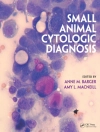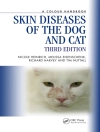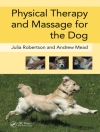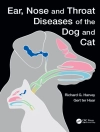Stimulating and thought-provoking, this important new text looks at the welfare problems and philosophical and ethical issues that are caused by changes made to an animal’s telos, behaviour and physiology, both positive and negative, to make them more productive or adapted for human uses.
These changes may involve selective breeding for production, appearance traits, or competitive advantage in sport, transgenic animals or the use of pharmaceuticals or hormones to enhance produc...
Despre autor
Temple Grandin is Professor of Animal Science at Colorado State University. Dr. Grandin’s work includes design of animal handling systems, research on livestock behavio...
Cumpărați această carte electronică și primiți încă 1 GRATUIT!
Limba Engleză ● Format EPUB ● ISBN 9781786390561 ● Mărime fișier 5.3 MB ● Editor Martin Whiting & Temple Grandin ● Editura CABI ● Oraș Oxford ● Țară GB ● Publicat 2018 ● Descărcabil 24 luni ● Valută EUR ● ID 7034860 ● Protecție împotriva copiilor Adobe DRM
Necesită un cititor de ebook capabil de DRM
